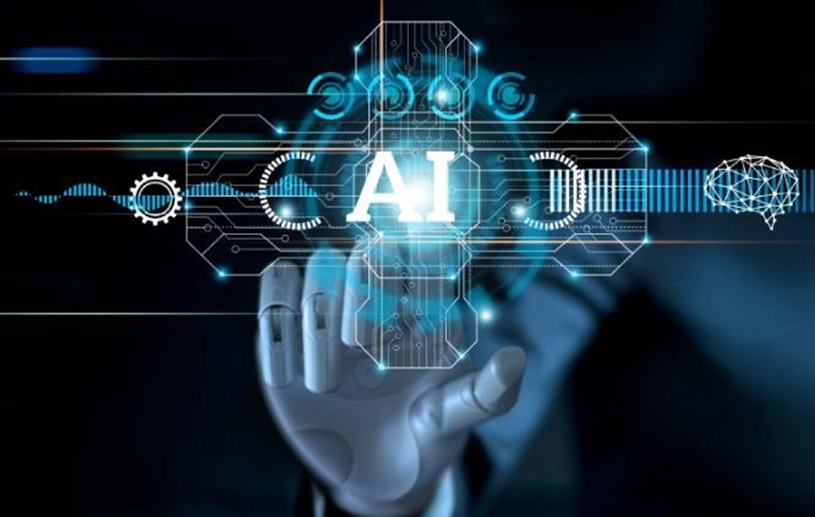This course on ‘Artificial Intelligence and Edge Computing’ is a first level course for aspiring engineers of Edge Computing/IoT/AI developers to acquire practice-based AI/Machine Learning skills and Edge Computing fundamentals. The course has been designed with a clear vision on future developments of Edge Computing in industrial applications along with a mission of importing all essential learning fundamentals for the undergraduate engineers. The course has been weaved with necessary fundamentals of applied mathematics and python programming to inculcate the practicing skills of design and development of machine learning algorithms. The course contents are meticulously presented so that the learner will be able to visualize the applied areas of ML algorithms and to correlate & decide the preferences among Cloud, Fog and Edge Computing.
The concepts on the designing of Edge Computing Systems are provided with perfect demonstrations through TensorFlow and TensorFlow lite frameworks, which provide complete learner engagement. During the course, the instructional model is designed to ensure that the learner has opportunities to explore modular tasks using retrospectives and to gain Higher order thinking skills. The course elevates the learner’s practical experience using edge computing hardware demos. The learners will also be assured with the outcomes by executing an in-course project module.

Fundamental knowledge of Engineering Mathematics and some basic programming knowledge.
20 hours of self-paced interactive learning, including summative assessment and expert live interactions
At the end of the course, the student will be able to:
![]() Relate the AI, ML and Python programming in the context of Edge Computing.
Relate the AI, ML and Python programming in the context of Edge Computing.
![]() Model Python based ML solutions for simple applications.
Model Python based ML solutions for simple applications.
![]() Develop ML and IoT frameworks for EC architecture .
Develop ML and IoT frameworks for EC architecture .
![]() Defend for various ML algorithms and CNNs for their compatibility with EC .
Defend for various ML algorithms and CNNs for their compatibility with EC .
![]() Estimate appropriate Tiny ML capable, hardware and software tools.
Estimate appropriate Tiny ML capable, hardware and software tools.
![]() Adapt EC based architecture for various Engineering applications of Civil, Electrical and Mechanical domains
Adapt EC based architecture for various Engineering applications of Civil, Electrical and Mechanical domains
© BITS - L&T EduTech , All Rights Reserved.
Designed by IT Services Unit BITS Pilani, Pilani Rajasthan.
Visitor Count -
